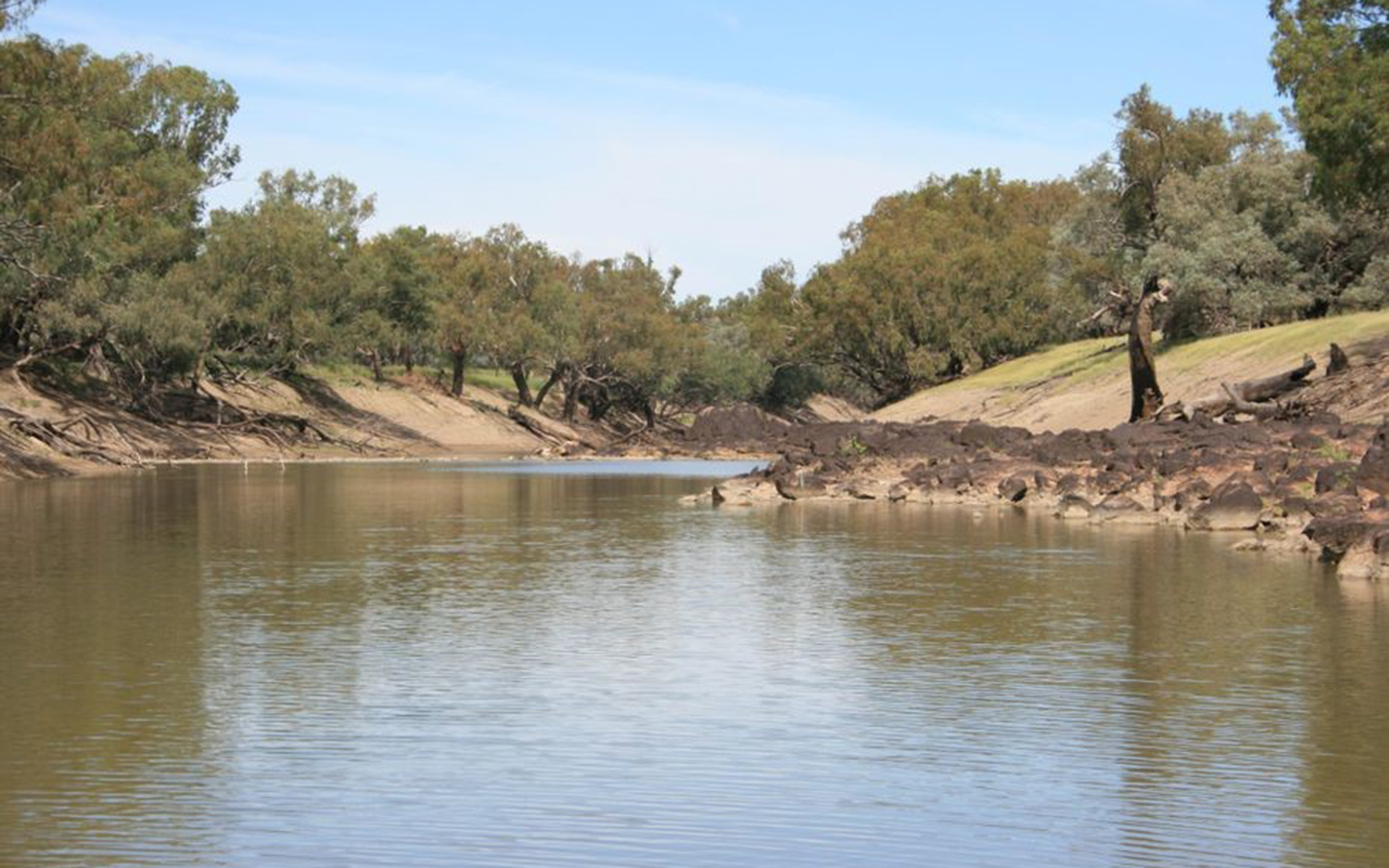Logbook requirements
When water is taken under an access licence and/or water supply work approval, water sharing plan rules may require that specific information is recorded in a written hard copy or electronic form called a logbook.
The purpose of keeping a logbook is to provide a record of:
- when water is taken
- how much water is taken, or information relating to how much water is taken
- authorisations for water to be taken
- confirmation that water is permitted to be taken.
This record is important to ensure that water is being taken in accordance with volumetric limits and water sharing plan rules.
Logbook requirements are implemented through conditions on access licences and approvals.
The department has developed logbook templates to assist access licence holders and approval holders to comply with the logbook conditions.
It is an offence to take water under an access licence, or use a water supply work under an approval, and not comply with the conditions.
Using a logbook template
Who should use a logbook template?
Any person who is the holder of an access licence or approval that is subject to logbook conditions can use a logbook template.
Use of a logbook template is optional:
- If you choose to use a logbook template, you are responsible for ensuring that you use the logbook template in a way that complies with all of the requirements of the logbook conditions.
- If you choose to comply with logbook conditions by using a written record format which is not a logbook template, you are responsible for ensuring the written record format you use complies with all of the requirements in the logbook conditions.
Which logbook template should I use?
Logbook conditions vary across different water sharing plan areas.
The department has developed different logbook templates for different water sharing plan areas.
If you choose to use a logbook template, you should check which logbook template to use based on the water sharing plan which applies to your access licence or water supply work approval.
Factsheet - Which logbook template should I use?
A list of water sharing plans and their logbook templates is provided in the fact sheet.
Download factsheetHow do I use a logbook template?
You can complete a logbook template in hard copy or electronic format.
Electronic
- Download the logbook template from the department’s website.
- Save the logbook template in a safe place, such as on your hard drive/device or in cloud storage.
- Open the document using Microsoft Word to record the required information electronically.
- Make sure you save the logbook each time you record new information in the template.
By hand
- Download the logbook template from the department’s website.
- Open the document using Microsoft Word and print the logbook template.
- Record the required information in the printed logbook by hand. Make sure your writing is clear and use a blue or black pen.
- Keep the printed logbook in a safe place.
Consider which method will be easiest for you to use to help you record the required information at the same time (or as close as possible) as the water is taken.
If you carry a device, like a smartphone or tablet, you may be able to use it to help you keep your logbook.
Download a logbook template
- Logbook template version A (PDF. 92KB)
- Logbook template version B (PDF. 184KB)
- Logbook template version C (PDF. 180KB)
- Logbook template version D (PDF. 178KB)
- Logbook template version E (PDF. 180KB)
- Logbook template version F (PDF. 169KB)
- Logbook template version G (PDF. 152KB)
- Logbook template version H (PDF. 152KB)
- Logbook template version I (PDF. 182KB)
- Logbook template version J (PDF. 179KB)
- Logbook template version K (PDF. 178KB)
Factsheet - Keeping a logbook about water take
More information on logbook requirements and using a logbook.
Download factsheetUsing a logbook template
Logbook conditions are being progressively replaced by new metering rules under the NSW Government’s non-urban water metering framework. The metering rules include recording and reporting requirements which apply to all water users, including water users who are not required to have metering equipment.
The metering rules are being rolled out in stages until December 2024 to ensure water users have enough time to comply. You will be notified when the metering rules roll out in your area.
Once the metering rules are fully implemented, there will be a consistent framework for recording and reporting water across NSW. While the metering rules are being rolled out, existing logbook conditions continue to apply.
Not sure about what you need?
We've developed the Water Assist tool to help you work out who to talk to and what steps to take to get the licences and approvals you need.
